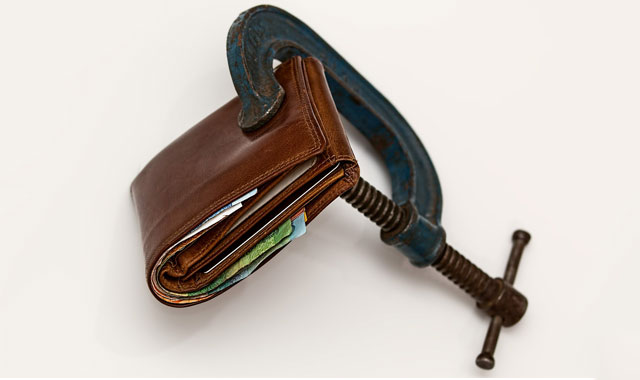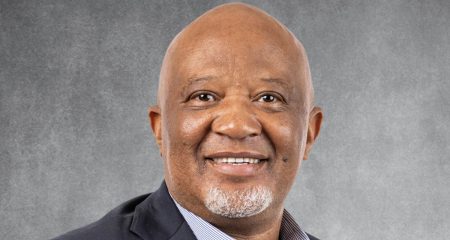
South Africa is tightening up on tax evasion as part of measures to reach its target of collecting R1 169bn in the 2016/2017 financial year.
This comes after the recent Panama Papers tax evasion expose, which included allegations that President Jacob Zuma’s nephew Khulubuse Zuma had also squirreled money into a tax haven.
At the height of the international scandal, the Icelandic prime minister, Sigmundur Davíð Gunnlaugsson, stepped down when it came to light that his family had hidden money in off-shore accounts.
Finance minister Pravin Gordhan said during the debate on the treasury’s budget on Tuesday that tax avoidance was not illegal, but tax evasion was, and that efforts to evade tax would be dealt with.
Efforts to limit tax evasion included international agreements on the international exchange of information, and common reporting standards.
Country to country reporting by multinational companies would also help keep track of required tax contributions in line with levels of activity in South Africa.
Deputy finance minister Mcebisi Jonas said that one of South Africa’s greatest achievements was its strong and stable revenue service.
It treated taxpayers fairly, enjoyed public credibility and had proven to be resilient during difficult economic conditions.
The South African Revenue Services wanted to raise R1 169bn to fund the government’s socioeconomic commitments, and the recent Panama Papers revelations showed the need to protect the fiscus.
It also showed the complexities, and extent, of bank secrecy, tax evasion, money laundering and tax evasion.
“Illicit financial flows should be a concern to all of us, because the sheer magnitude of these flows are a drain on the fiscus and the economy, and undermine general prosperity,” he said.




